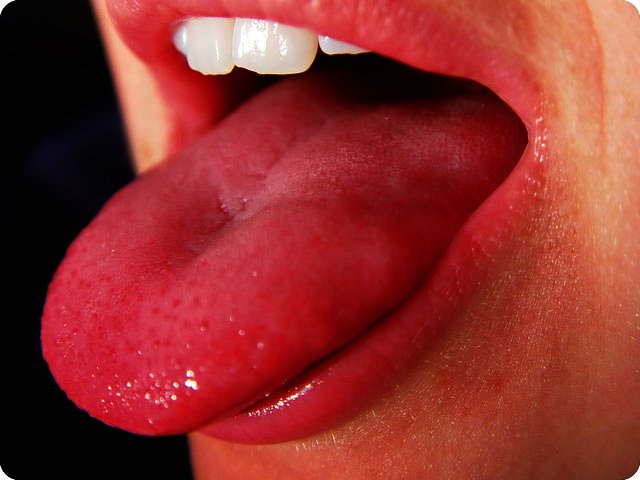Lousy findings
Scientists have been nitpicking about the evolutionary age of birds for years. And now an article in a recent issue of Biology Letters, reveals that lice may be the missing link.
The current theory of birds’ evolutionary rise is that the mass extinction that wiped out the dinosaurs allowed the birds to conquer new habitats.
But when a group of researchers looked at genetic changes of modern lice lineages to build a family tree and traced back the changes in evolutionary time, they found that ancestors to modern bird lice have been around already before the dinosaurs disappeared.
And if there were bird lice, there must have been birds.
Specific adaptations to allow the lice to hide between feathers on birds’ wings, suggest that feathered dinosaurs may also have had lice.

Monkey see, monkey do
Smile and others smile with you; yawn, and apparently the same happens. Scientists write in a recent issue of PLoS ONE, that chimpanzees are prone to contagious yawning if they see other chimps yawn.
But it’s not to show they’re sleepy or bored, rather, it’s a sign of social connection. The researchers let two groups of adult chimps watch 9-second video clips of other chimps either yawning or doing something else.
The viewers yawned 1½ times as often if the yawning chimps on screen were familiar to them than when they were of an unknown social group.
Scientists think that this is a sign of empathy and that social animals – like chimps and humans – likely show more empathy towards individuals from the same social group than to unfamiliar faces.

A bitter taste
Bitter tastes bad. And according to a report in the journal Current Biology, your stomach agrees.
Scientists asked about 60 volunteers twice to keep a bitter (but non toxic) solution – similar in taste to flu medicine – in their mouths for three minutes before spitting it out.
Afterwards participants all reported feeling nauseous. During the tasting, the scientists also recorded the electrical activity of the participants’ stomach muscles.
Response patterns were erratic – which is a hallmark of nausea – and were similar to what is usually seen in extreme motion sickness.
Because bitter taste is often associated with toxins, the findings suggest the taste warns the stomach that something vile is on the way.
In turn, the stomach prepares to launch the stuff back up should it be swallowed and so protects the body from potential harm.

More hot science
SpaceX, introduces the Falcon Heavy, the most powerful rocket in the world. http://bit.ly/muskrocket
Toward a computer model of the brain: new technique poised to untangle brain’s complexity. http://bit.ly/brainpc
How did Buddhism come close to getting the brain right? http://bit.ly/budbrain
This article first appeared in the May 2011 issue of TechSmart magazine.
USER COMMENTS
Most Read Articles
Read

Magazine Online
TechSmart.co.za is South Africa's leading magazine for tech product reviews, tech news, videos, tech specs and gadgets.
Start reading now >
Download latest issue
Have Your Say
What new tech or developments are you most anticipating this year?
New smartphone announcements (46 votes)
Technological breakthroughs (29 votes)
Launch of new consoles, or notebooks (14 votes)
Innovative Artificial Intelligence solutions (29 votes)
Biotechnology or medical advancements (24 votes)
Better business applications (160 votes)




